For East Coasters, finding large swaths of untouched wilderness is hard enough as it is. A newly revived pipeline project could make it even harder.
Videos by Outdoors
Intended to ferry natural gas from Northern West Virginia to Southern Virginia, the 300-mile-long Mountain Valley Pipeline was first proposed in 2015. Since then, conservation nonprofits and local recreationists have fought it every step of the way.
Environmentalists argue that the pipeline would fracture critical habitat areas across Virginia and West Virginia. The installation alone would involve major construction within two of Virginia’s treasured recreation areas: Jefferson National Forest and the Appalachian Trail corridor. It could cause erosion and stream damage likely to affect salamanders, native trout, and other wildlife.

Local conservationists further note that Mountain Valley, the company behind the pipeline, has already incurred 450 water-quality violations related to this project alone. Others estimate that emissions from the pipeline’s natural gas outputs would be equivalent to putting 19 million more cars on the road. These folks argue that the best way to combat climate change is to stop building new fossil fuel infrastructure altogether.
The project’s last comment period was originally due to expire on February 6. However, the Forest Service has just agreed to extend it until February 21. That means concerned citizens now have two more weeks to make their voices heard. (Comments can be made through an online form.)
In the absence of a full-scale legislative ban on pipeline construction—like we’ve seen in Alaska recently—strong public commentary is among the best options for striking this project down.

This is the third time Mountain Valley has submitted a proposal for this particular pipeline. The first two submissions were approved by the USFS and then struck down by federal appeals courts due to environmental concerns. Now, after conducting its third environmental impact assessment, the USFS is once again considering the pipeline. They’re expected to make their final decision this summer after all the comments have been considered.

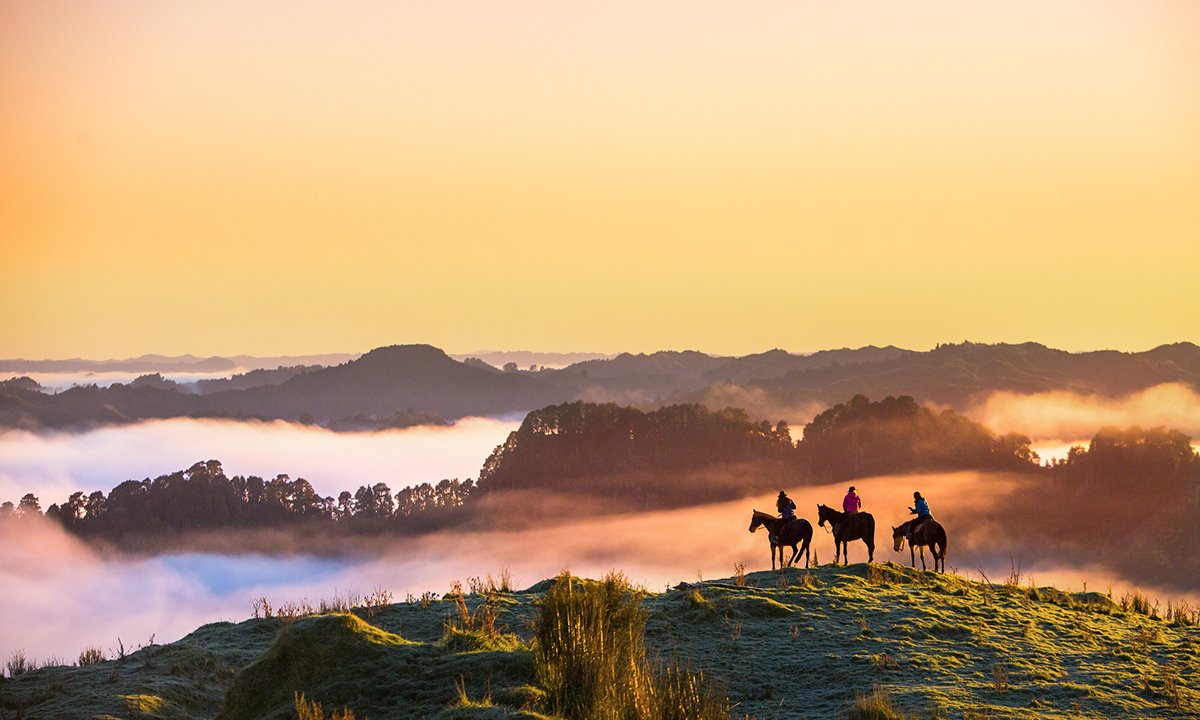

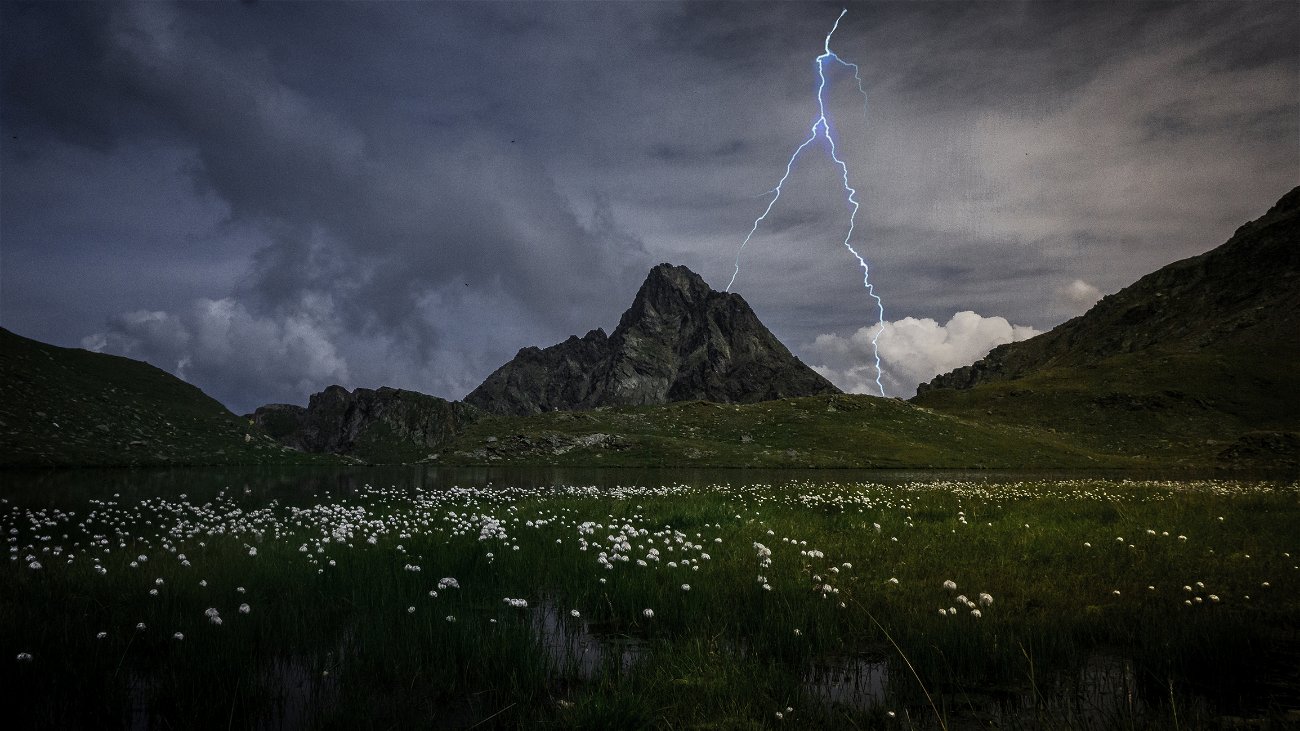
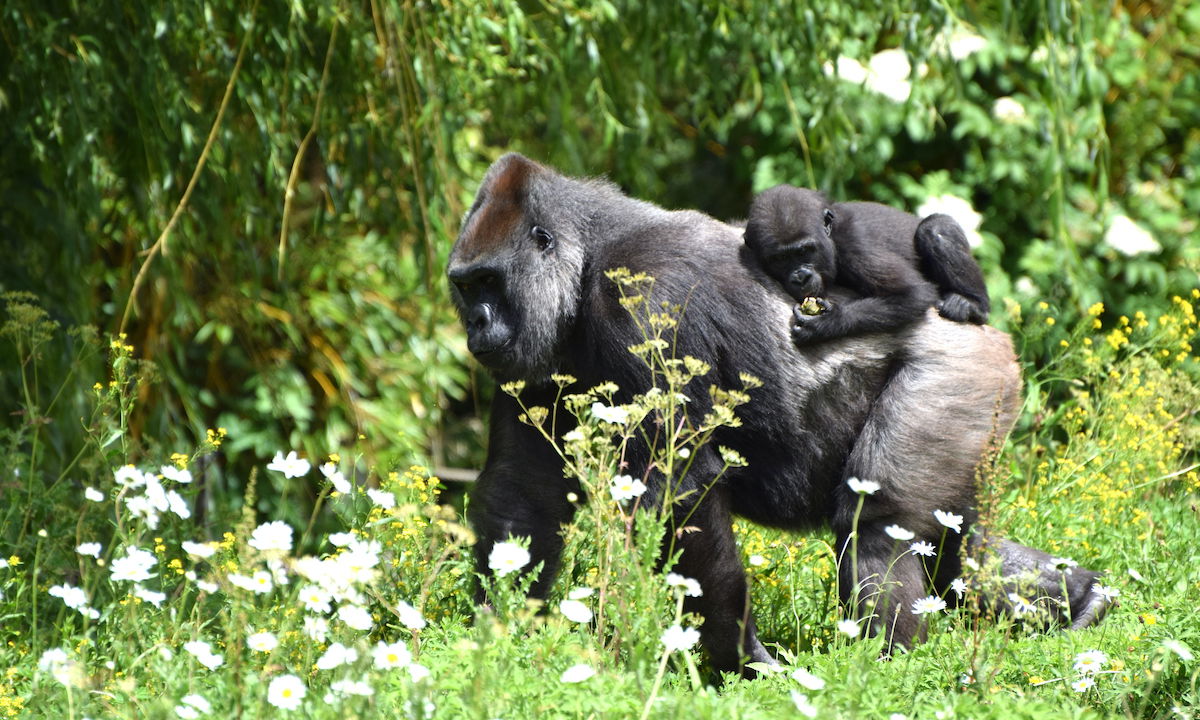

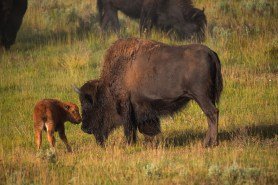

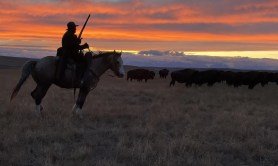

Pingback: Wildlife Corridor Project Launched To Protect Animals From Busy Roads – Outdoors.com